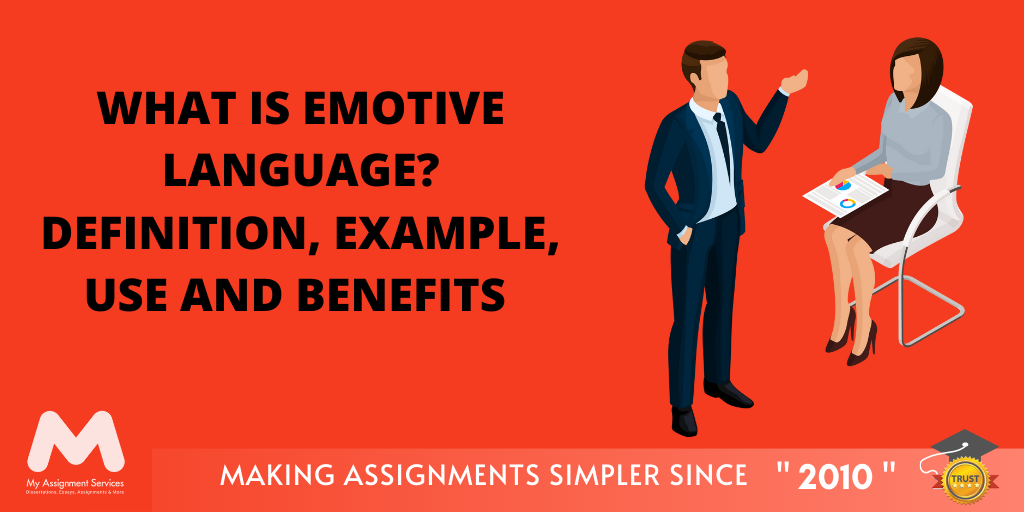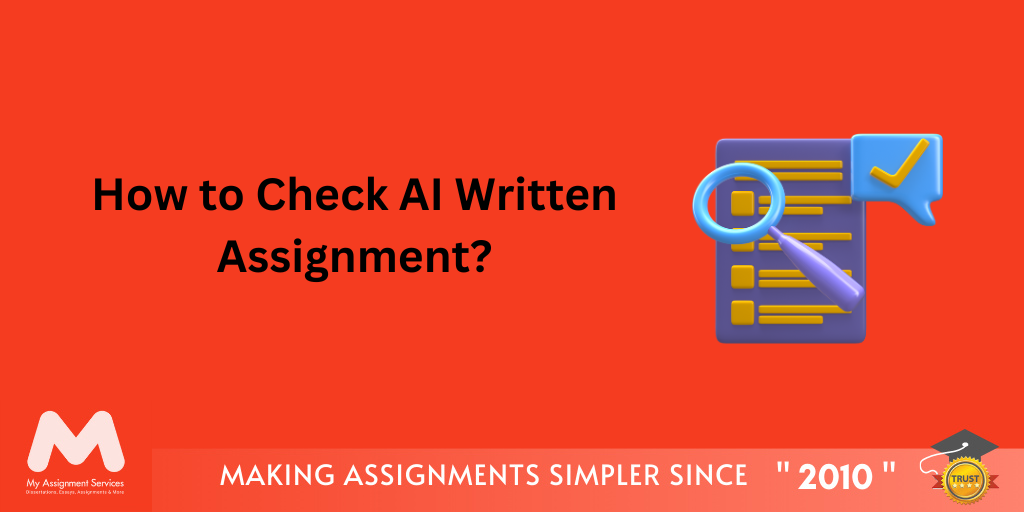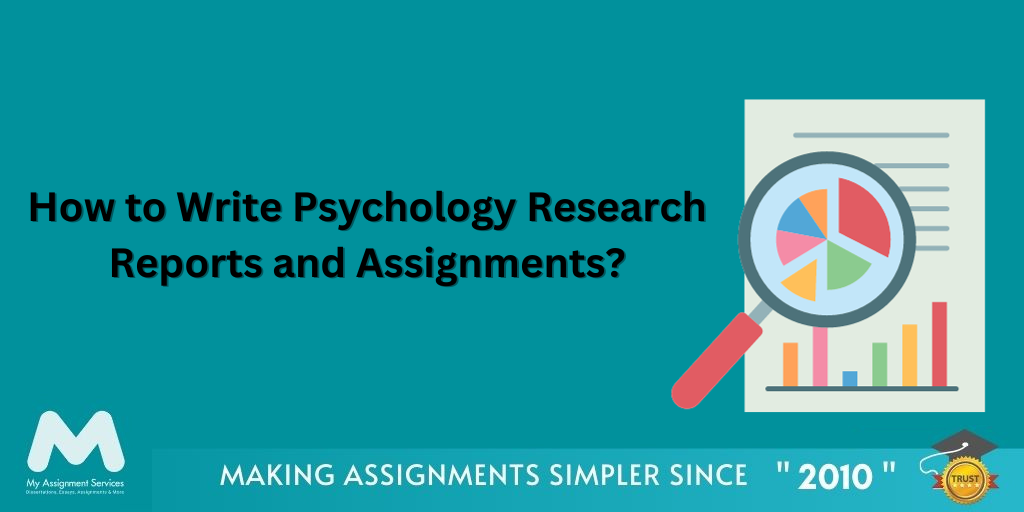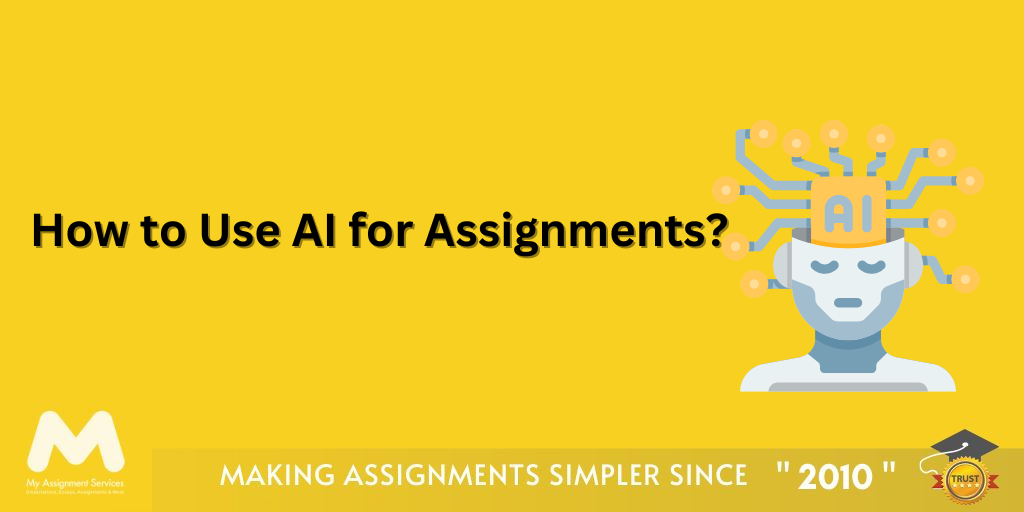
Have you ever wished to persuade an audience of your point of view – whether at a college presentation or over a discussion with pals – but couldn't think of the right words to say it? You must understand the emotive language.
Let’s start with the definition.

Emotive Language: Definition
The language that elicits emotion from the speaker or writer, usually by expressing acceptance or disapproval of a person, a group of people, or an action. Hatred or enthusiastic acceptance are the most common emotions evoked by such words, with the former being more common than the latter.
Language is a means of expressing your thoughts, opinions, and feelings. You may easily accomplish the goal of communicating emotions to your viewers or listeners while speaking. However, in writings, you must select specific words that can express feelings on your behalf. You must adequately engage your audience by including emotions in your script. You should have a good understanding of this type of language by now. Let's start with a proper definition of emotive language.
Emotive language is the use of specific phrases to elicit feelings and generate an emotional impression.
It's also known as emotional language because it has an emotional impact on the audience.
Emotive language, whether written or spoken, is an excellent way to connect with your audience. However, while using emotive language to produce an emotional impression, you must be extremely cautious and cautious in your word choice. The chosen words must best convey the emotions, and you should get the most out of them. The primary goal of emotive language is to persuade the reader to share the writer's point of view. If your words convey emotions, they are more likely to have an influence on the audience.
Emotive Language: Example
When you want to touch the audience emotionally, you employ emotive language. It has the potential to alter how the audience reacts. Emotional language, on the other hand, can be used in a variety of ways. This style of the phrase is commonly found in English literature. It is also employed in everyday conversations, in addition to the literature. We've all watched the news on television. The use of emotive language in news headlines captures the attention of viewers. For instance, consider the following headline: "The criminals mercilessly murdered the poor victim after looting his entire possessions."
The phrases 'brutally','murdered,' and 'poor victim' are now employed in this sentence to enhance emotions and make the readers feel the anguish. "The bandits killed a man after looting him" is a non-emotive variation of the same line. This statement just informs us about an incident that occurred. You should now have a good understanding of how we employ emotive language.
Other examples of emotive language are:
- The biased court condemned the innocent girl to two years in prison.
The terms 'innocent' and 'biassed' are employed as emotive language in this statement to introduce emotions into the event that occurred.
- With her beautiful attire, the gorgeous model stole the stage tonight.
The terms “beautiful,” “gorgeous,' and “stole” are employed as emotive language in this statement.
Emotive Language: Uses
Emotional language can be utilised in a variety of situations. It could be utilised in speeches, spoken word performances, public addresses, debates, and even regular conversation in spoken language. It's frequently employed in creative or fictitious writing to provide a dynamic and interesting experience for the reader. Novels, poetry, short tales, and plays frequently use this style.
Nonfiction writing, such as biographies, newspaper stories, opinion pieces, and personal blogs can also utilise emotive language.

Furthermore, it may be used effectively in speeches or debates where the main goal is to express your opinions to the audience through emotions. Through emotive language, leaders' public statements can have the greatest impact on people's minds. Emotional language is frequently used in advertisements to entice viewers. Emotional language is employed in literature, such as poems and novels, to captivate readers and make them feel real. Slogans also employ emotive language in order to convey a point in a few words. Emotional language is frequently used in nonfiction writing. This contains journals, biographies, news stories, and personal viewpoints, among other things.
Emotive Language: Benefits
1. Strengthens emotional well-being
Emotive language aids in the resolution of traumas that prevent you from performing specific jobs. The act of writing things down can assist you in dealing with life's major turning points. Emotional journaling, for example, can assist you in identifying specific trauma triggers or concerns that have been holding you back.
2. Helps in understanding past experiences
It's a delicate approach to looking back and finding the motivation to move forward. This is beneficial to your mental health and your ability to examine your memories in fresh ways. It is beneficial to analyse your experiences in order to improve your overall satisfaction.
3. Healing and reflection
Writing with emotive language helps you make sense of your regular life and organise your complicated existence in a variety of ways. Writing about your troubles or miscommunications with others can help you see things from different perspectives.
You have the opportunity to reflect on your ideas and behaviours, which will aid you in finding a solution to your difficulties—writing aids in the definition of challenges, the identification of solutions, and the healing process.
Need Assignment Help with The Emotive Language? Here You Go!
Our academic assignment help through 1:1 guiding sessions is now available for the students seeking assistance with emotive language. You don’t have to worry at all as we will guide you with everything about emotive language and how you can use it in your assignments, journals, reports, or any other. Our academic mentors explain everything from scratch so that you don’t need any further guidance on the same topic. Don’t wait now! Book your session with our academic mentors now! Fill the form, and we’ll get back to you in no time.
Related Study Materials
Our Experts can answer your Assignment questions instantly.
Ask Question0 Comment
Get It Done! Today
1,212,718Orders
4.9/5Rating
5,063Experts













Loved reading this Blog? Share your valuable thoughts in the comment section.
Add comment